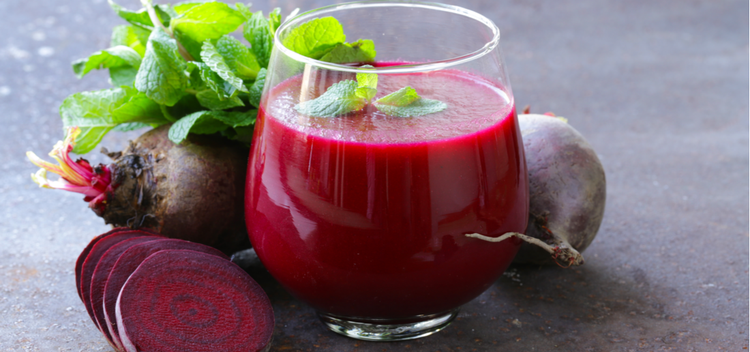
Can Dogs and Cats Eat Beets?
Beets are a delicious summer and fall vegetable that make a wonderful addition to any menu, but should they be a part of your pet’s diet?
Beetroot can be fed to dogs and cats, and are known to provide many health benefits for humans. However, there are very few studies dedicated to investigating the beet’s health benefits for pets, but we can extrapolate based on the data available.
Potential Health Benefits of Beets
Low Calorie
Beets are low in fat and calories and have a high water content. This makes them a good snack, as they make pets feel full without excess calories. In a 100g serving, there are 44 calories and 0.2 grams of fat. As a reference point, beets have 1/3 more calories than a similar serving as carrots and 1/3 less calories than a similar serving of potatoes.
Nitrates
Beets also contain nitrates. Nitrates can help to reduce blood pressure, by assisting in blood vessel relaxation. This is a big health benefit in humans, as hypertension is a common ailment. Luckily, hypertension is an uncommon health problem in dogs and cats. Beets are unlikely to cause large blood pressure fluctuations due to the small amount of nitrates in a single serving. In humans, beets have been shown to reduce the risk of heart attacks, heart failure, and stroke with regular consumption.
Nitrates have also been shown to improve athletic performance in humans. This is speculated to be caused by blood vessel relaxation and improved oxygenation. Though this has not been studied in dogs, adding beets to athletic or working dog’s diets may show similar benefits.
Fiber
Similar to other root vegetables, beets are a good source of dietary fiber. Fiber helps gastrointestinal health by improving regularity and feeding the good gut bacteria. In humans, adding fiber to the diet has been shown to reduce the risk of colon cancer, heart disease, and type 2 diabetes, however, it is unlikely that these benefits are seen in pets, as these diseases are not prevalent. Despite this, adding fiber to a pet’s diet can still help with gastrointestinal health.
Betalains
Beets contain pigments called betalains, which have been noted in human medicine to provide anti-inflammatory properties. In studies conducted on rats, beet juice has been shown to reduce inflammation in the kidneys. Betalain capsules have been used in humans to reduce pain and discomfort associated with osteoarthritis. Adding beets to your pet’s diet could help to reduce inflammation associated with arthritis or inflammatory intestinal diseases.
Safety Precautions When Serving Beets to Pets
- Safety. Beets need to be thoroughly cooked and cut into small pieces or mashed, as they can present a choking hazard. They should never be fed raw, as they can be difficult to chew, swallow, and digest.
- Gastrointestinal Distress. Any new addition to your pet’s diet can cause GI issues. Start with very small amounts and monitor for adverse effects before making beets a consistent addition to their diet. If any GI issues are noted, stop serving immediately. Beets add fiber to the diet, which could result in diarrhea if done in excess. Discontinue if diarrhea is noted.
- Allergic Reaction. Beets are unlikely to cause an allergic reaction, but monitoring when first adding them to your pet’s diet is important to pinpoint adverse reactions. Discontinue if any reactions are noted.
- Pancreatitis. Beets should not be cooked with butter, oil, or seasonings, as these add calories and fat, and can cause gastrointestinal issues or pancreatitis. Pancreatitis is inflammation of the pancreas secondary to ingestion of fatty or oily foods.
- Oxalate stones. Beets contain a large amount of oxalates. In some pets, oxalates can cause bladder stones. If your pet has had bladder stones or has a predisposition to bladder stones, beets should be avoided.
Beets can also cause changes to stool color, due to pigments present in the vegetable which provide the appearance of blood. This change in color should not be alarming if your pet has been eating red beets. If your pet is not eating beets, but has red/bloody stool, they should be evaluated by your veterinarian.
How Much Is Too Much?
Beets, as with any treats or supplements to the diet, should not exceed 10% of a pet’s daily caloric intake. For example, if your pet’s daily caloric requirement is 200 kCal, then their treats/supplements should not exceed 20 kCal/day. Adding more than 10% could upset their balanced diet or add additional calories that could lead to weight gain. Beets can be added as an infrequent treat or a small daily addition to your pet’s diet.